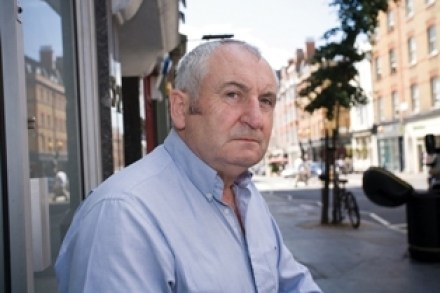Perverse though it sounds, prisons can be a haven for opportunity
So much of the welfare debate is lost in jargon and the numbingly large and depressing numbers. John Bird, founder of The Big Issue, has just been on The Daily Politics and he condensed the specious waffle into plain but evocative sound bites. ‘You don’t have a broken society without a broken system. The usual suspects come in and advise Blair, Brown and now Cameron that what you need is money for the poor. The poor don’t need more money; the poor need more opportunity.’ Bird admitted that prison made him upwardly mobile. He left it being able to read, write and paint, and was given the confidence to pursue







